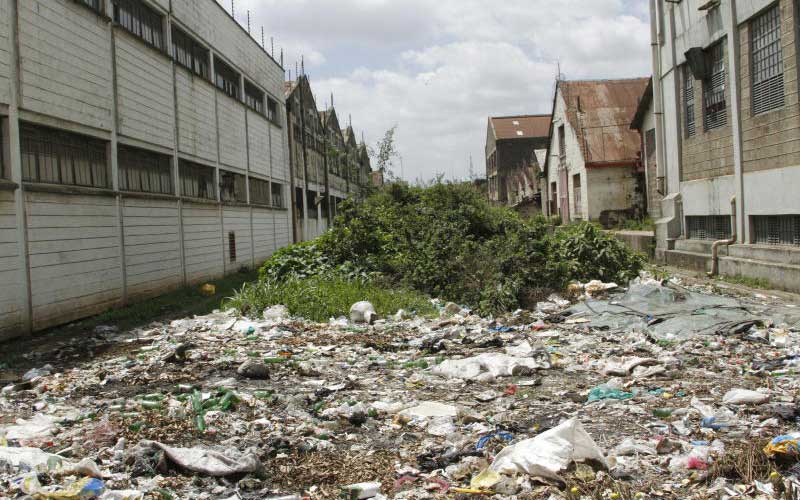
Africa is the cradle of humanity, as the discovery of Lucy in the Afar region of Ethiopia proved scientifically in 1974. As the physical location of the beginning of the journey of human existence, Africa has a great responsibility for its future. And climate change might arguably be the biggest challenge for the future of humankind on planet earth. It is thus only fitting that Africa is leading the world on banning of single-use plastic bags. With just a little bit of early planning – they can become truly redundant. On the other hand, excessive use of plastic bags causes many problems.
First, all plastic is produced using a considerable amount of energy from crude oil – and thus it releases CO2 when burned, on top of toxic pollution. According to the UN, this increases the risk of heart disease, worsens asthma and causes damage to the nervous system.